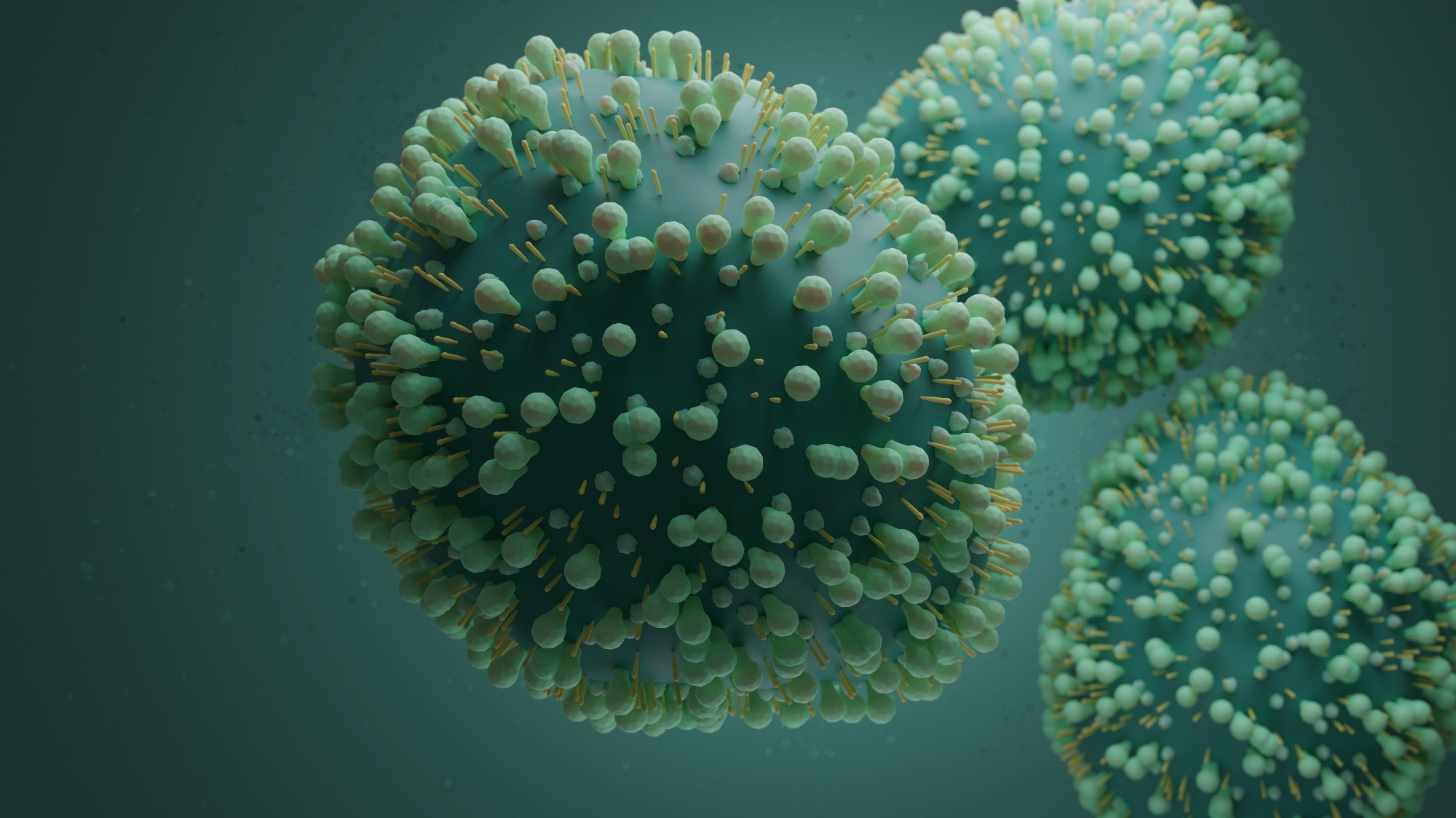In a recent study published in MMWR Morbidity and Mortality Weekly Report, a group of researchers assessed the effectiveness of nirsevimab in preventing Respiratory syncytial virus (RSV)-associated hospitalizations among infants during their first RSV season between October 1, 2023, and February 29, 2024.
 Report: Early Estimate of Nirsevimab Effectiveness for Prevention of Respiratory Syncytial Virus–Associated Hospitalization Among Infants Entering Their First Respiratory Syncytial Virus Season — New Vaccine Surveillance Network, October 2023–February 2024. Image Credit: joshimerbin / Shutterstock
Report: Early Estimate of Nirsevimab Effectiveness for Prevention of Respiratory Syncytial Virus–Associated Hospitalization Among Infants Entering Their First Respiratory Syncytial Virus Season — New Vaccine Surveillance Network, October 2023–February 2024. Image Credit: joshimerbin / Shutterstock
Background
RSV leads to significant hospitalization among United States (U.S.) infants, with 50,000–80,000 cases yearly in children under five. The highest risks are in the first months of life, decreasing as children grow. In August 2023, the Centers for Disease Control and Prevention (CDC) endorsed nirsevimab for infants under 8 months for their first RSV season and certain children 8–19 months old. Clinical trials showed nirsevimab was 79% effective against RSV-related lower respiratory infections, rising to 81% for hospitalizations. Simultaneously, a maternal RSV vaccine was introduced. To manage nirsevimab shortages, initial prioritization was for younger, high-risk infants, later expanding as supplies increased. Further research is needed to assess the long-term effectiveness and durability of nirsevimab protection against RSV, particularly as immunity decreases over time and in diverse populations.
About the study
The New Vaccine Surveillance Network (NVSN) critically assesses the effectiveness of vaccines against pediatric respiratory viruses in the U.S. by collecting comprehensive data from children under 18 across seven pediatric centers. The present study focused on infants younger than 8 months by October 2023, hospitalized with acute respiratory illness (ARI) between October 2023 and February 2024, and who received the nirsevimab vaccine. Exclusions were made for prior palivizumab administration, maternal RSV vaccination, or unclear RSV test results. The analysis required a minimum of five infants per site who had been vaccinated at least a week before symptom onset.
Using a test-negative, case-control design, the study evaluated nirsevimab's effectiveness in preventing RSV-associated hospitalizations. Cases involved infants with positive RSV tests, while controls were RSV-negative. Effectiveness was considered for vaccines administered more than seven days before symptoms appeared. The analysis used multivariable logistic regression, adjusting for factors such as age at enrollment, illness timing, and high-risk conditions but not for prematurity or insurance status.
Study results
In the comprehensive analysis conducted by the NVSN, a total of 1,036 infants were initially considered. Of these, 699 infants across four sites met the stringent inclusion criteria set forth for the study. The cohort was divided into two groups: 407 infants (58%) were classified as case patients, having tested positive for RSV, while the remaining 292 (42%) served as control patients, testing negative for the virus.
A notable finding from the study was the higher incidence of nirsevimab receipt among infants with high-risk medical conditions compared to those without such conditions, with percentages standing at 46% and 6%, respectively, indicating a significant correlation (p<0.001). This suggests a targeted approach in administering nirsevimab to those infants deemed at greater risk of severe RSV disease. Interestingly, the analysis showed no significant difference in the administration of nirsevimab based on preterm status or the type of insurance held, pointing to a uniform approach in offering protection against RSV across different demographic and socioeconomic groups.
The study further examined the timeline from the participants' nirsevimab administration to the onset of ARI symptoms. The timeframe varied significantly, ranging from 7 to 127 days, with a median duration of 45 days. This variability underscores the importance of timely vaccination and highlights the effective window of protection offered by nirsevimab post-administration.
In terms of effectiveness, the data revealed a compelling statistic: nirsevimab was 90% effective in preventing RSV-associated hospitalization, as evidenced by the comparison between case patients and control patients who received the vaccine. This high rate of effectiveness underscores the significant potential of nirsevimab in safeguarding infants from severe RSV-induced health complications. Moreover, the distribution of nirsevimab receipt varied across the study sites, with percentages ranging from 4% to 12%.
Conclusions
To summarize, in the study nirsevimab demonstrated a 90% effectiveness in preventing RSV-associated hospitalizations, with a median interval of 45 days from vaccine receipt to symptom onset. This early estimate reinforces the vaccine's recommended use for infant protection against severe RSV disease. The study's robustness stems from its standardized approach to defining ARI, systematic RSV testing, and thorough verification of nirsevimab administration through reliable records. However, the effectiveness observed is anticipated to decrease over an entire RSV season due to the natural decline in antibody levels provided by the vaccine. This underscores the necessity of ongoing effectiveness monitoring by the CDC, especially over the complete RSV season and in children aged 8–19 months at increased risk, to maintain an accurate understanding of nirsevimab's protective benefits in real-world conditions.
Journal reference:
- Moline HL, Tannis A, Toepfer AP, et al. Early Estimate of Nirsevimab Effectiveness for Prevention of Respiratory Syncytial Virus–Associated Hospitalization Among Infants Entering Their First Respiratory Syncytial Virus Season — New Vaccine Surveillance Network, October 2023–February 2024. MMWR Morb Mortal Wkly Rep (2024), DOI: 10.15585/mmwr.mm7309a4, https://www.cdc.gov/mmwr/volumes/73/wr/mm7309a4.htm?s_cid=mm7309a4_w